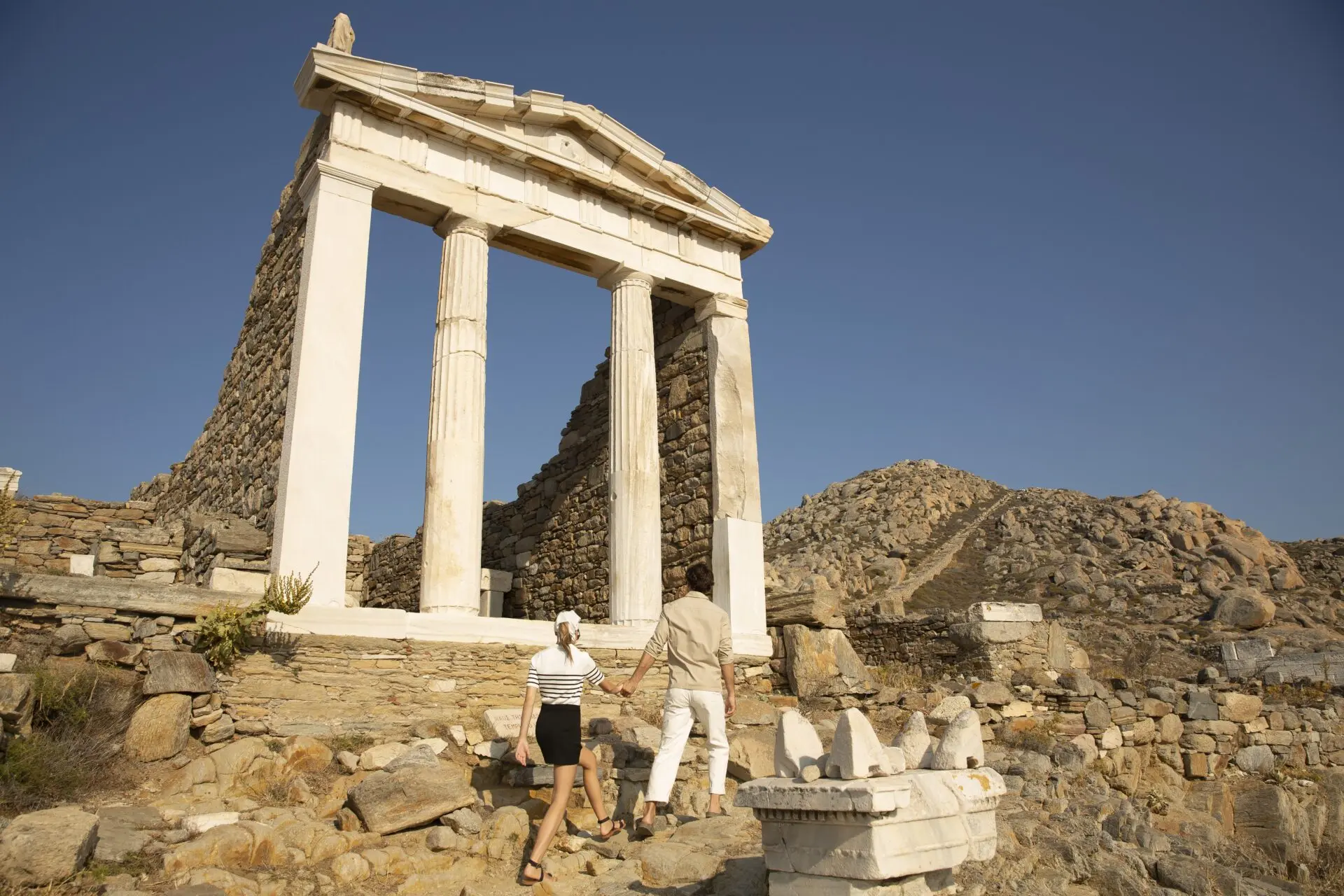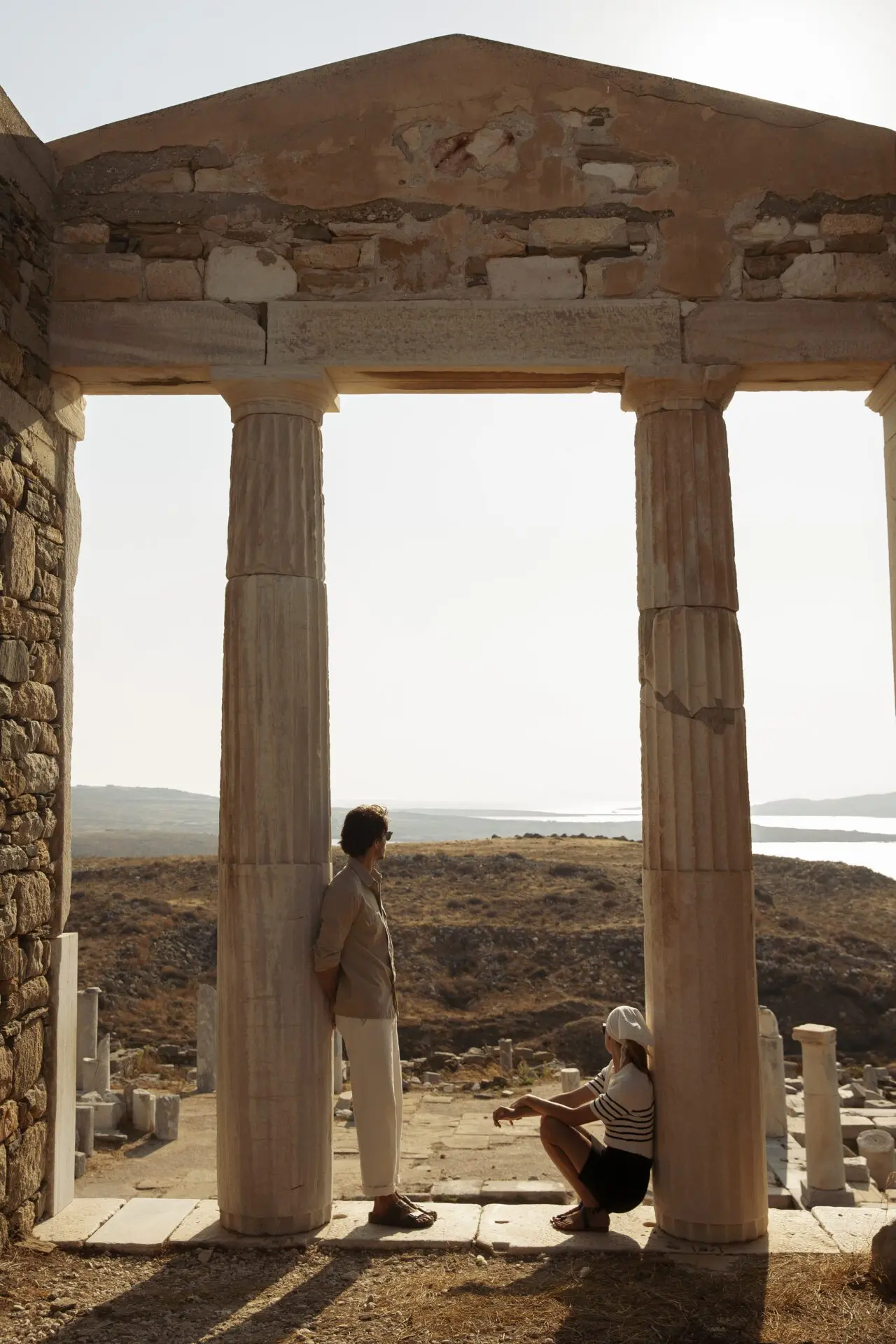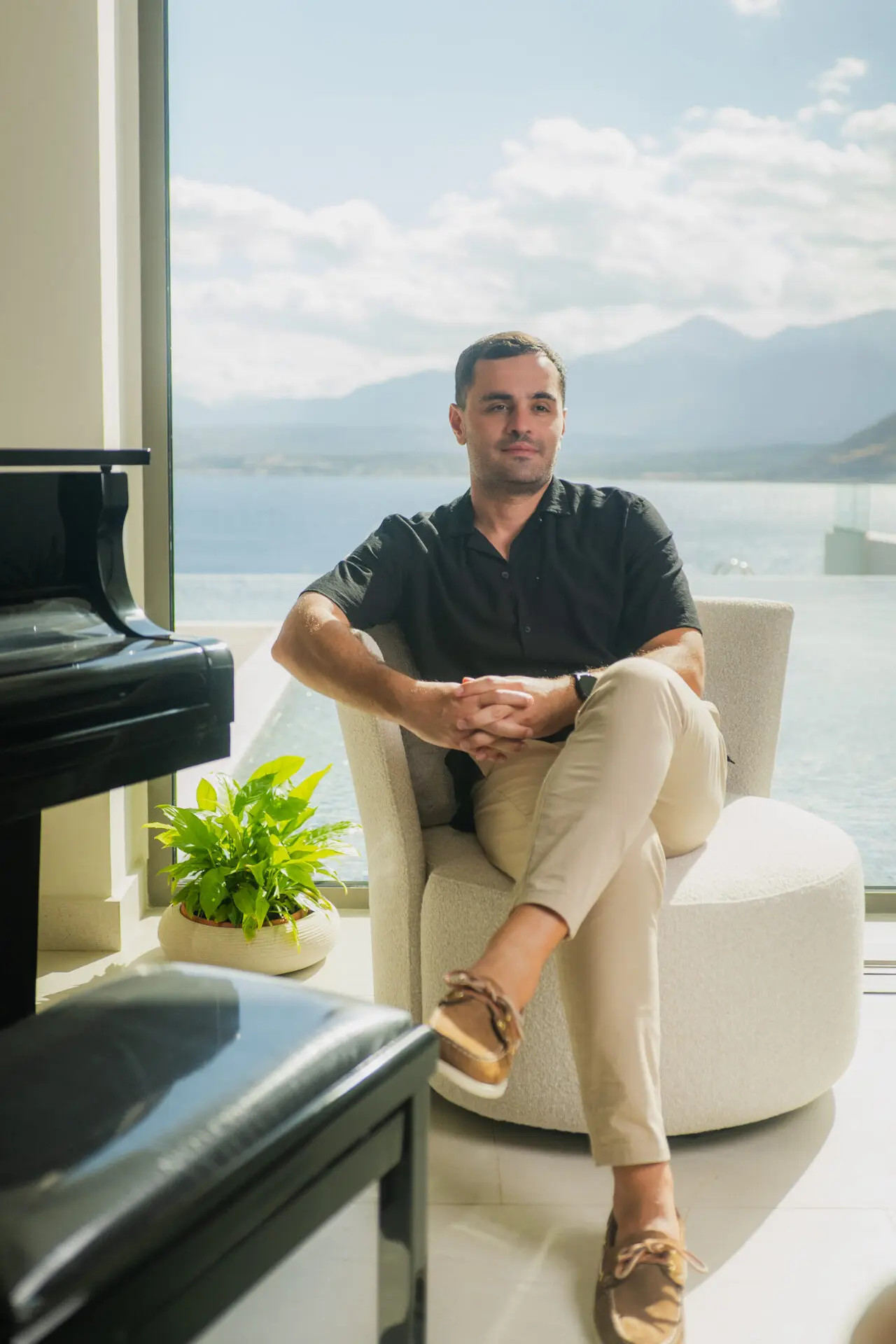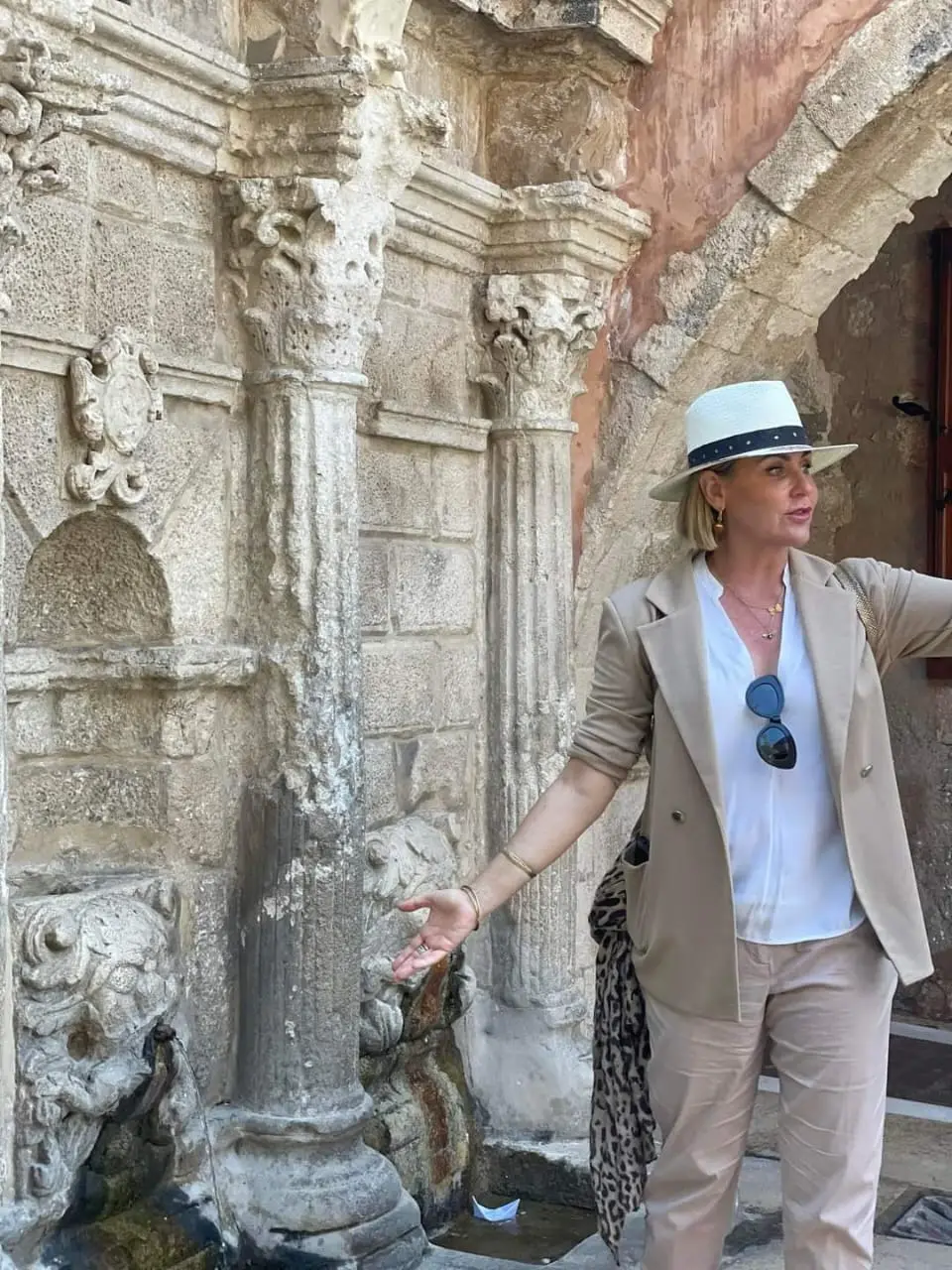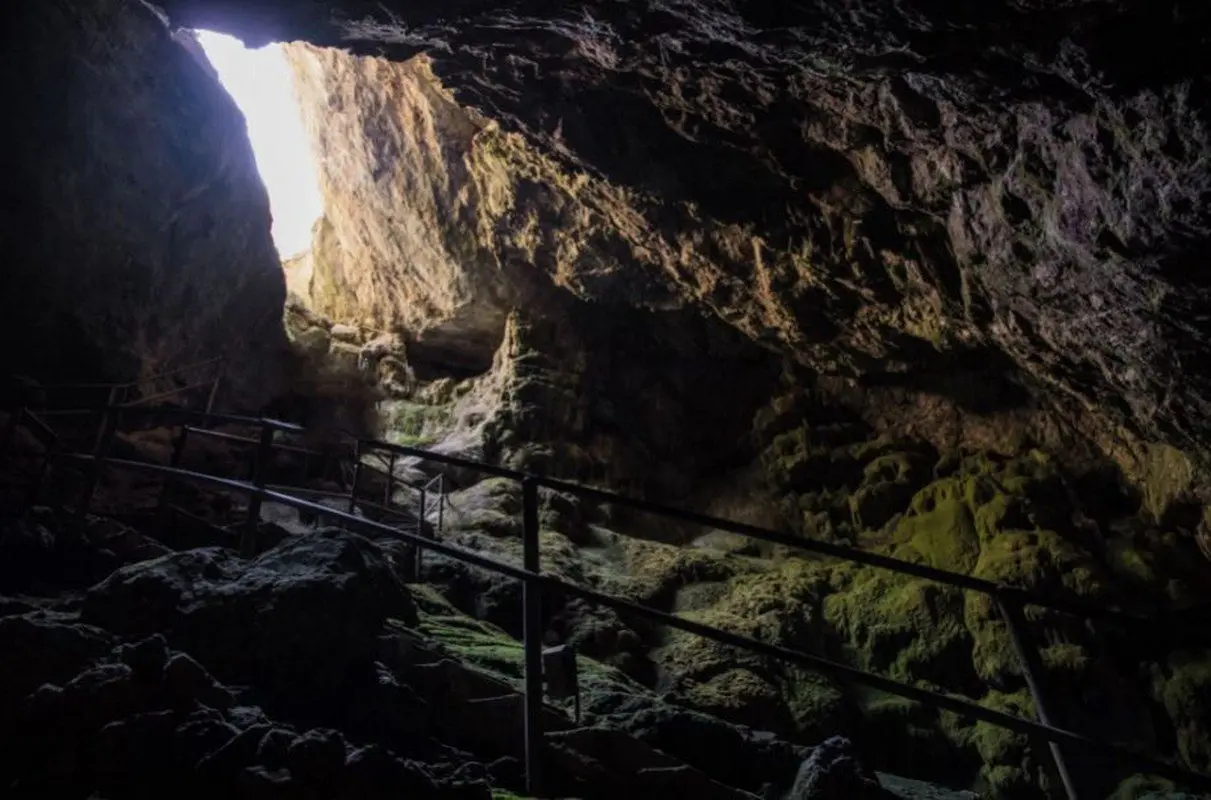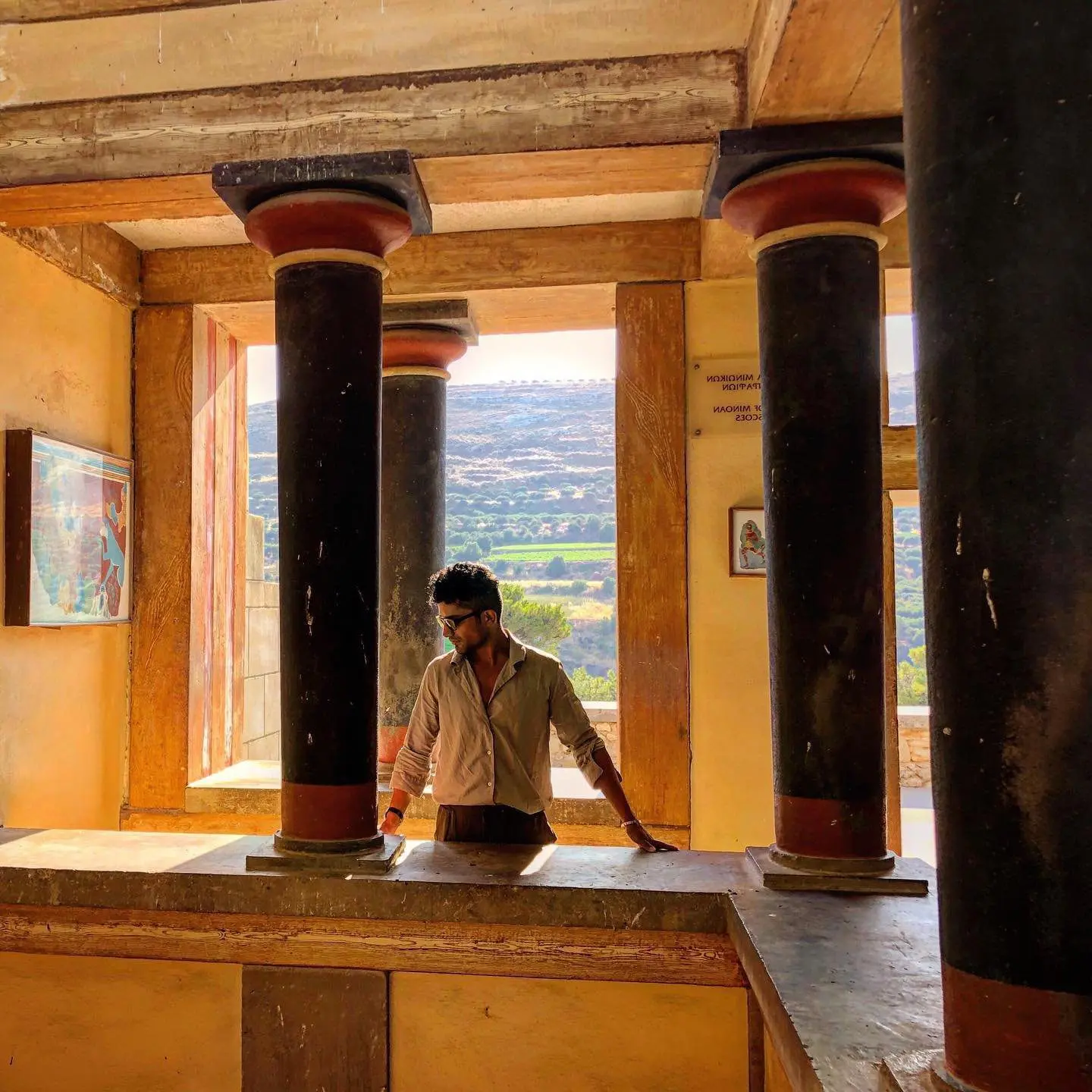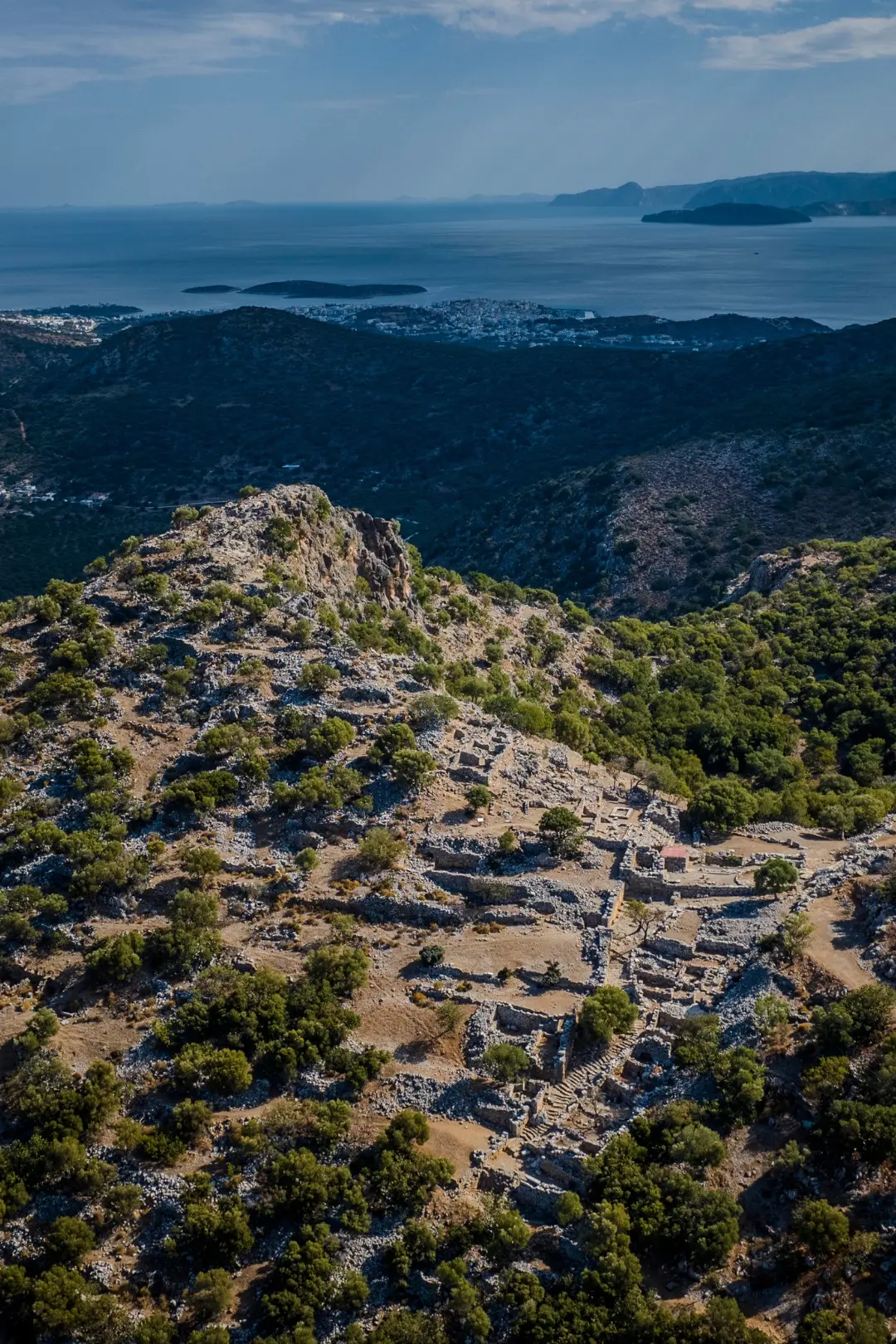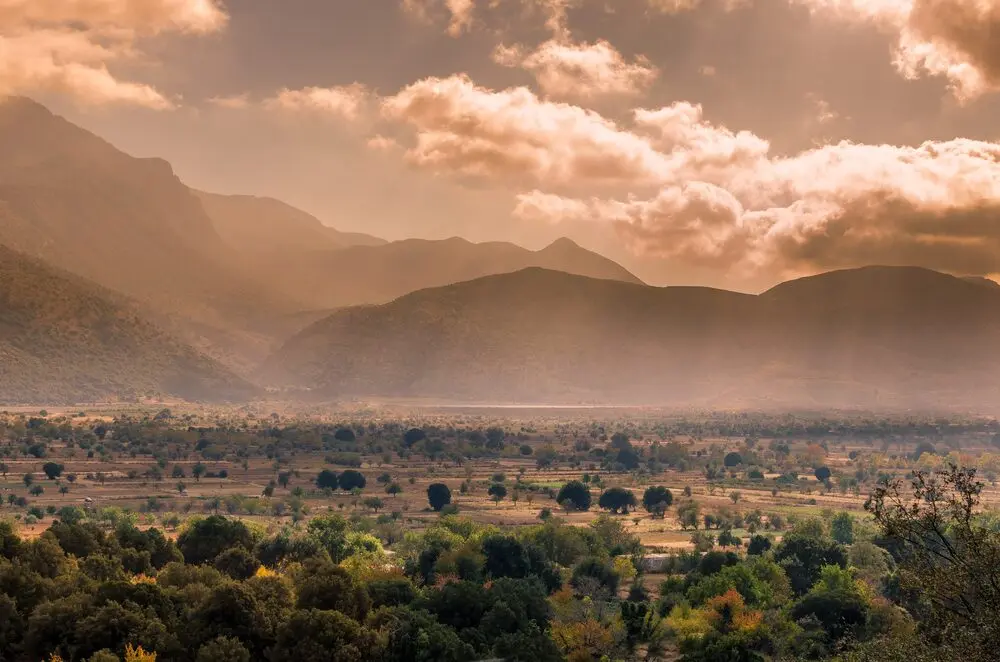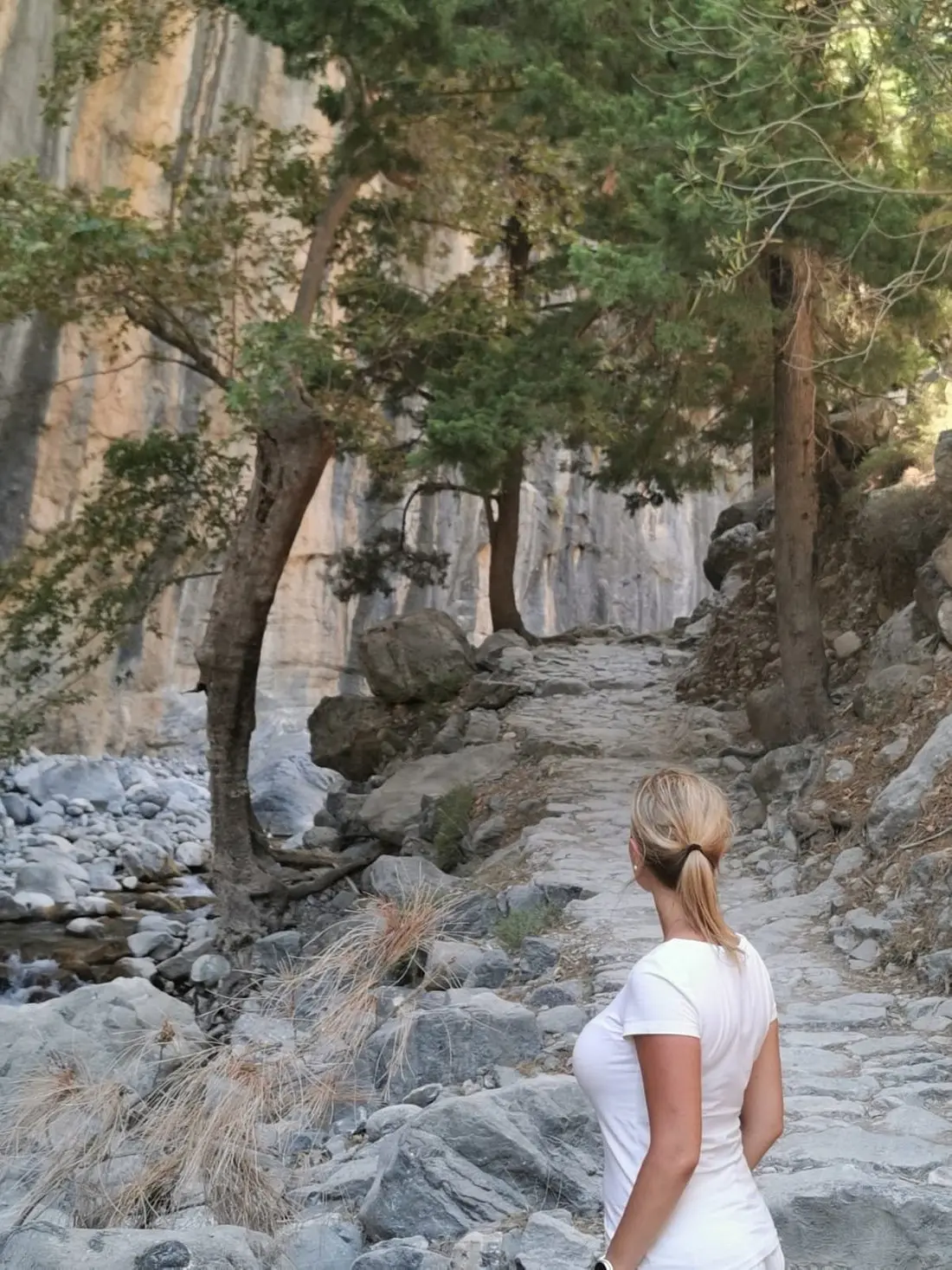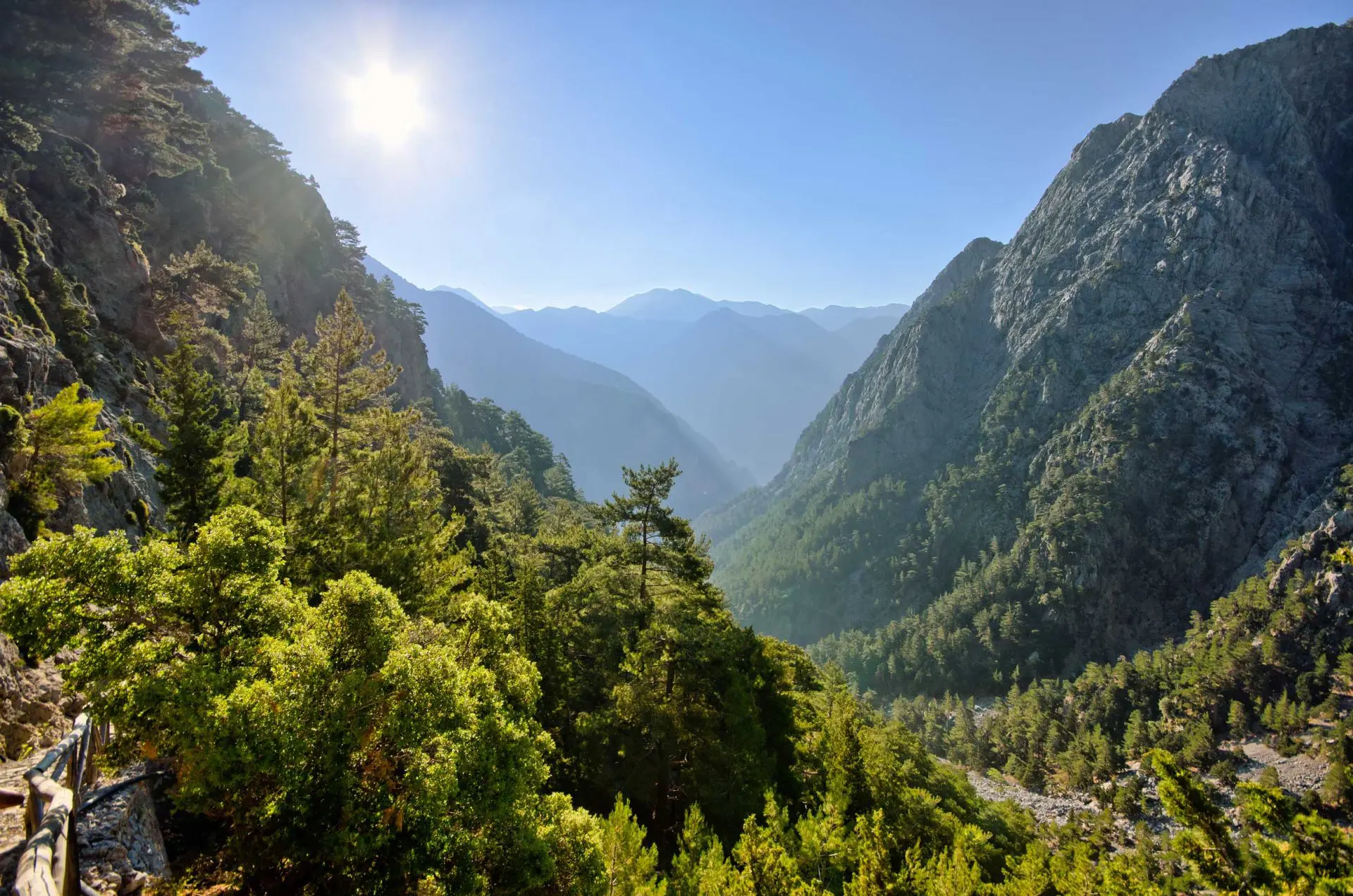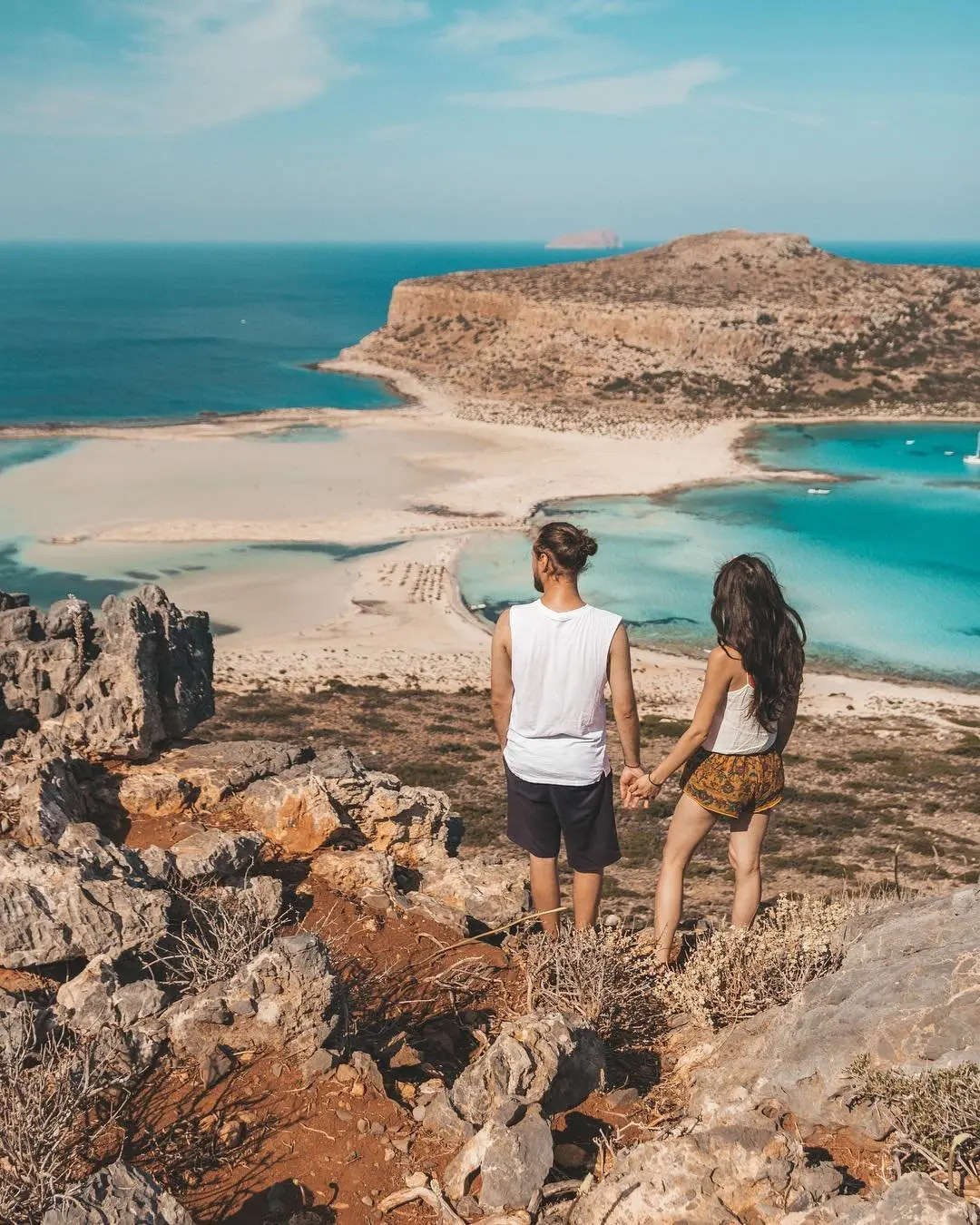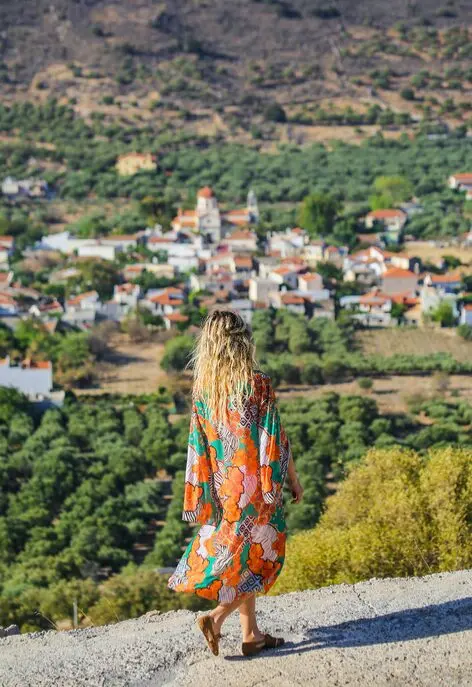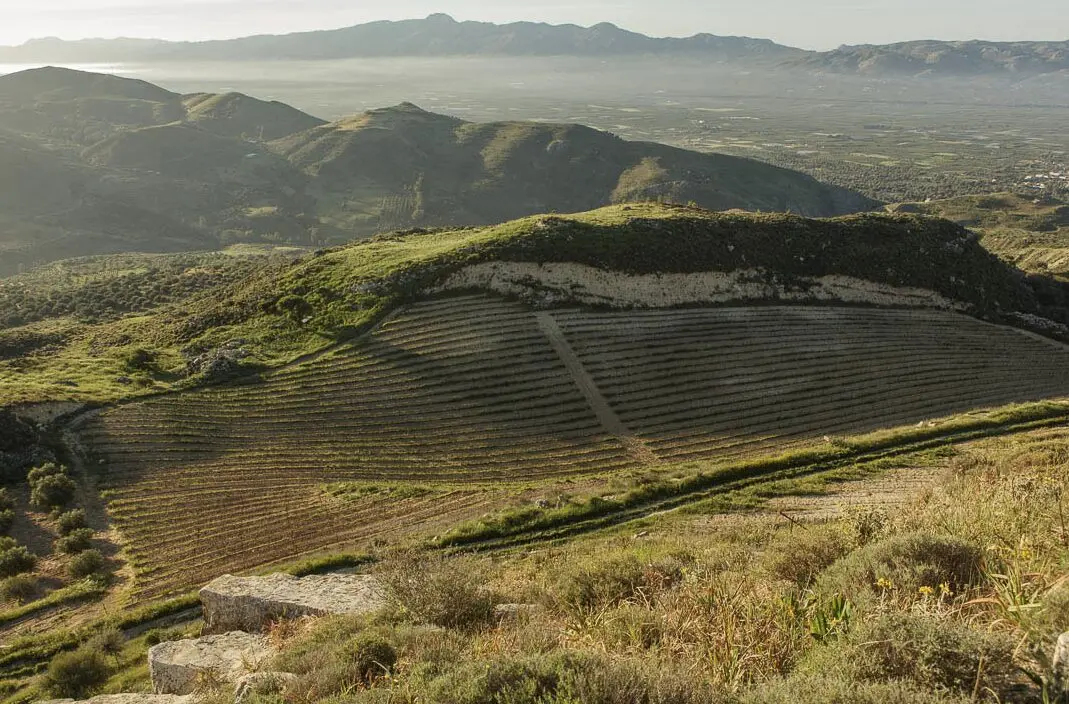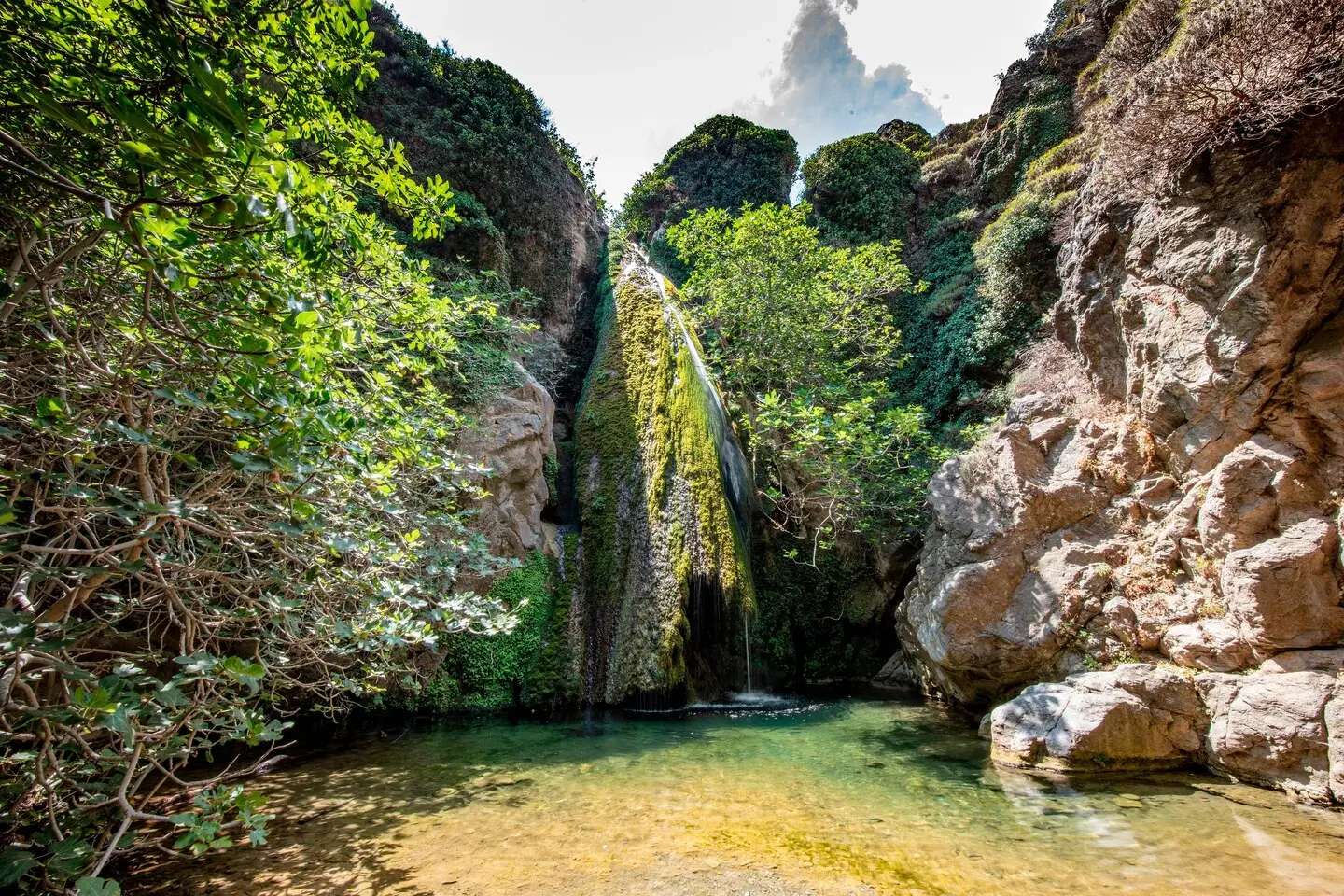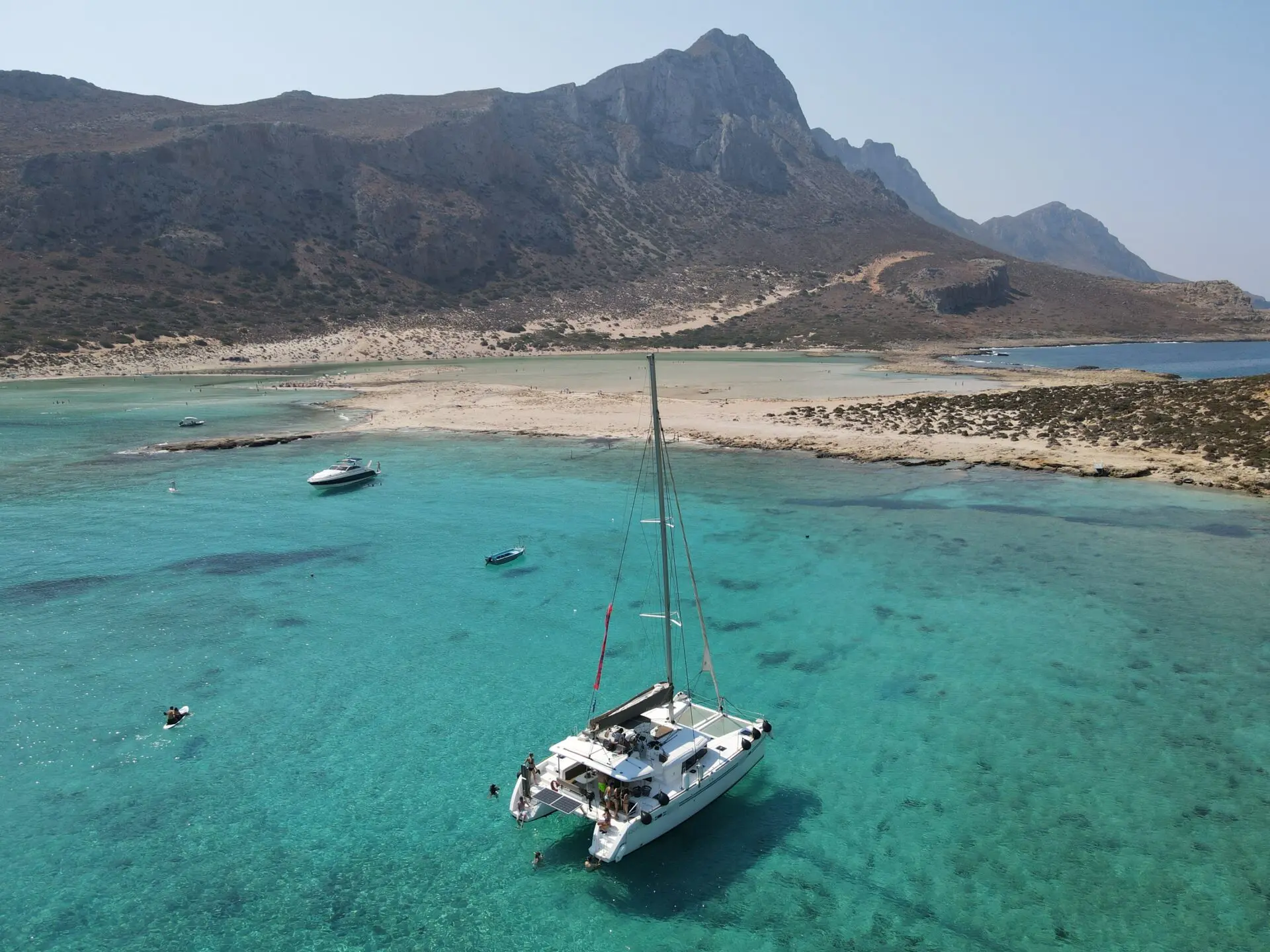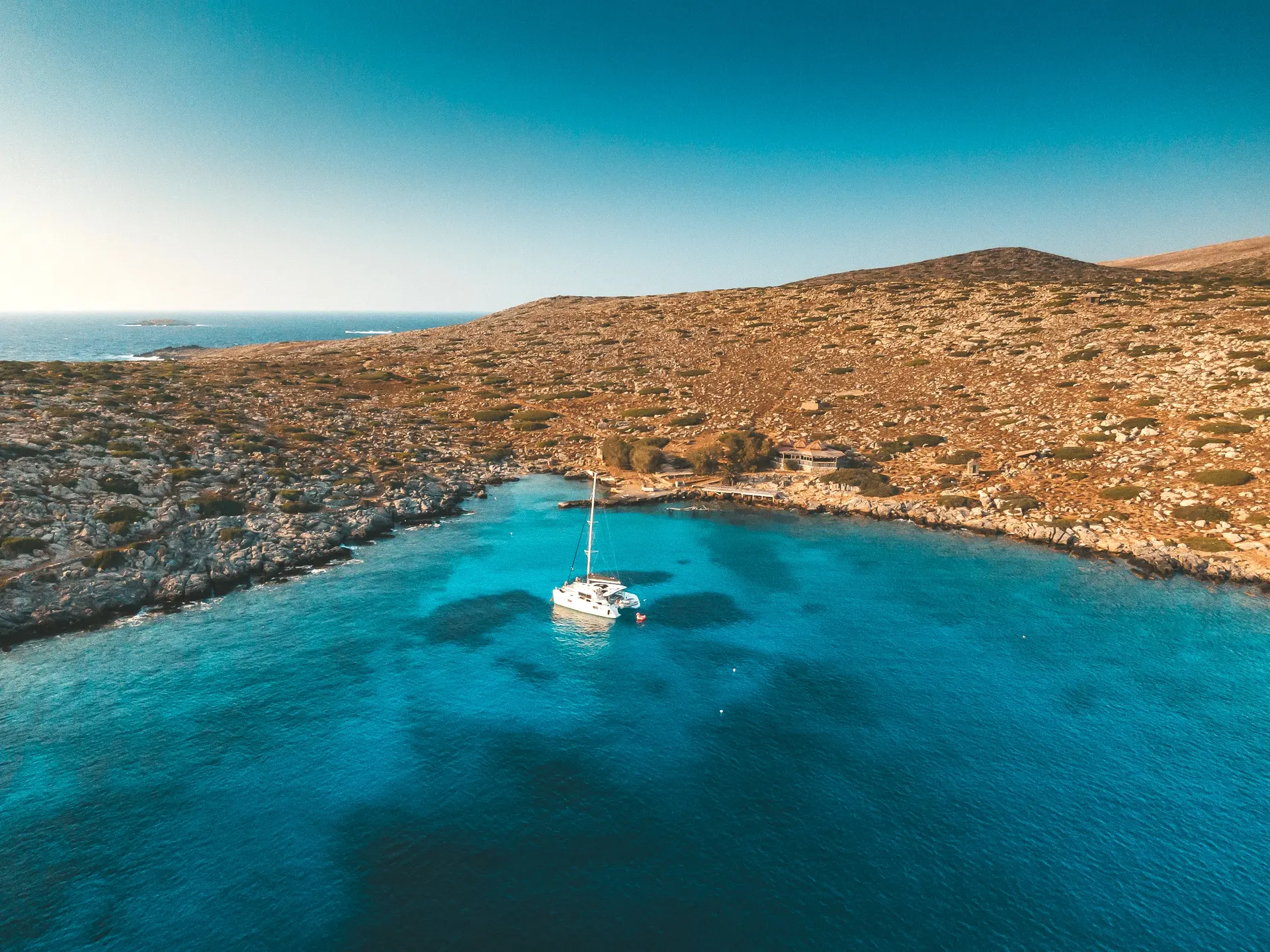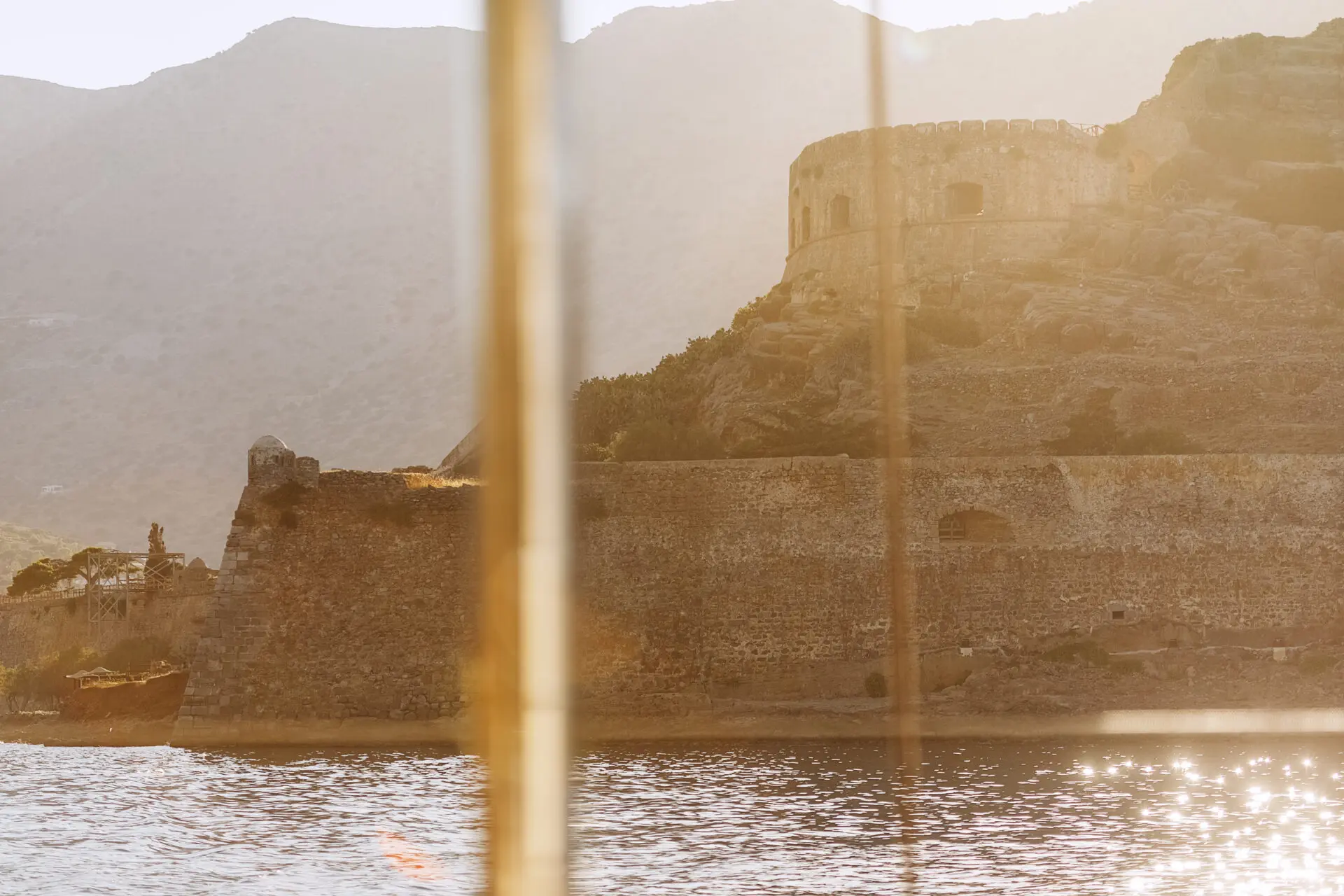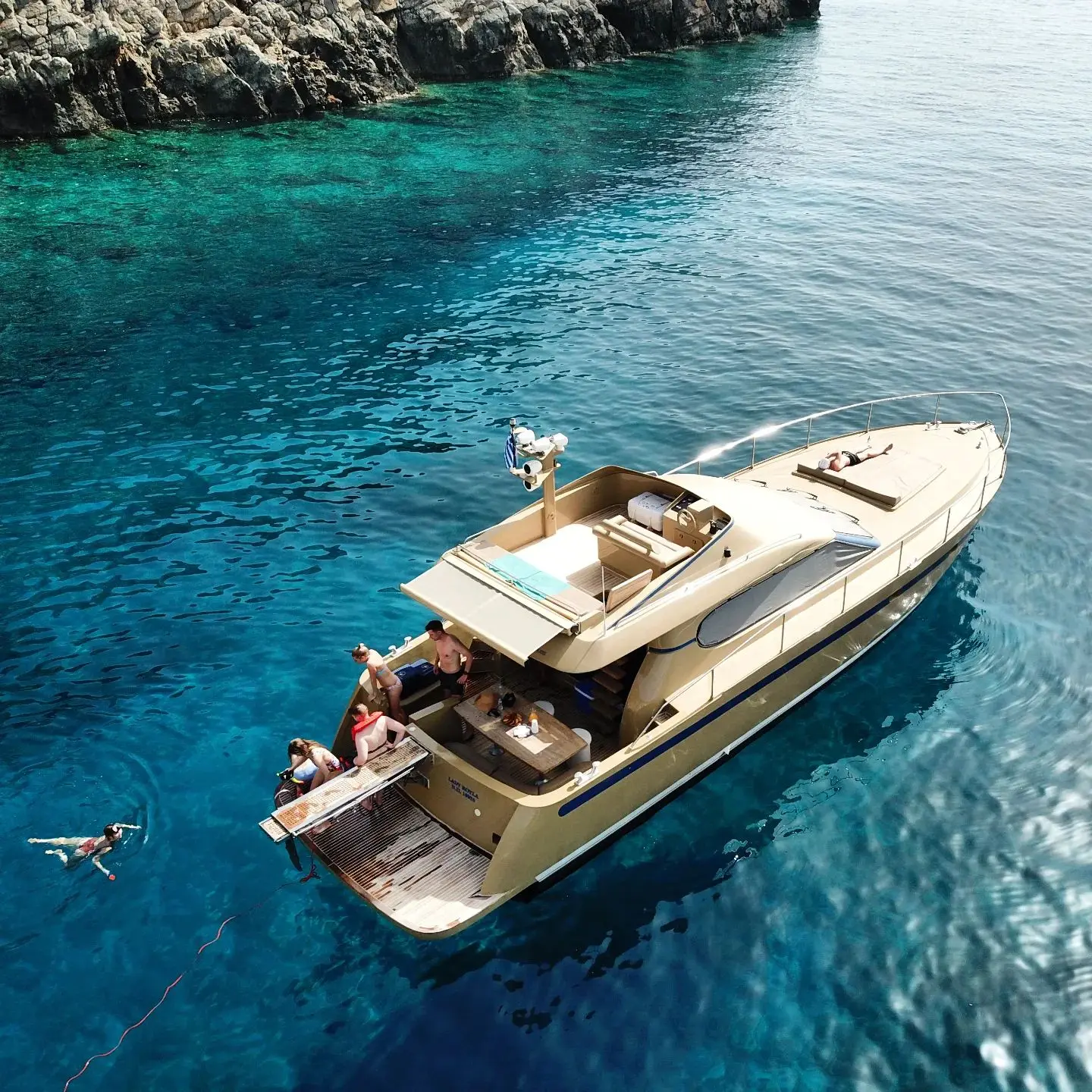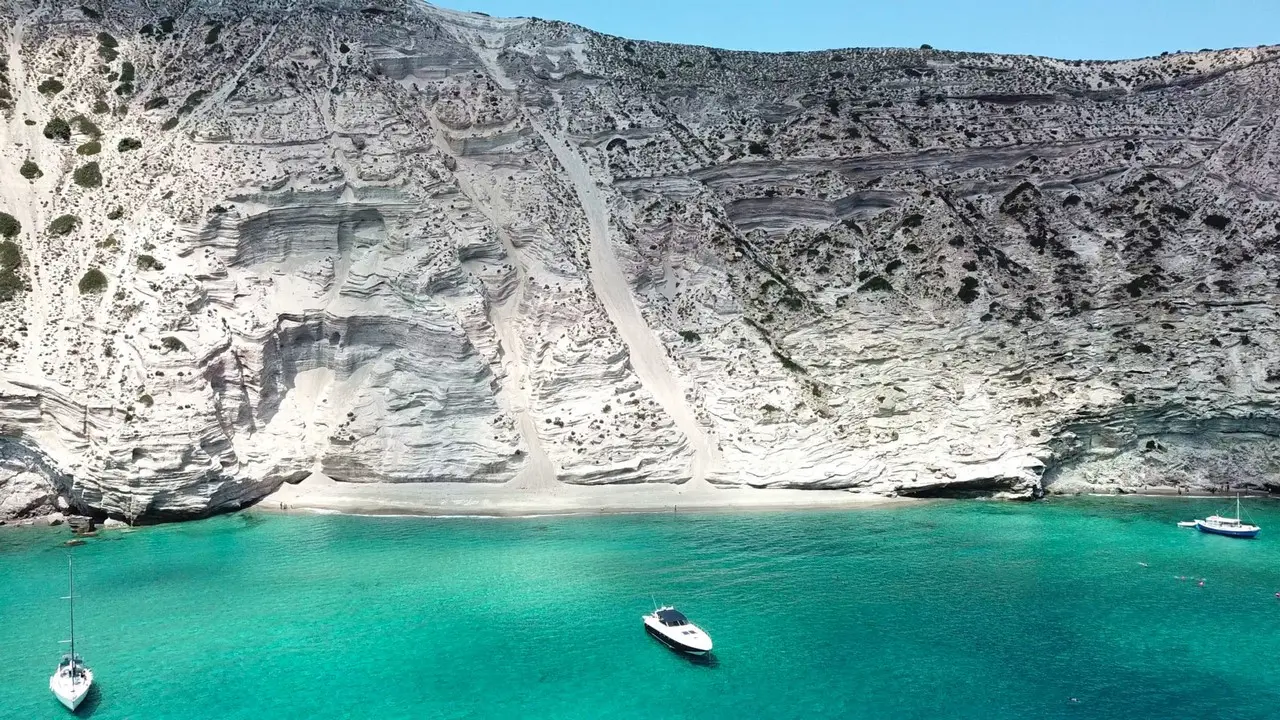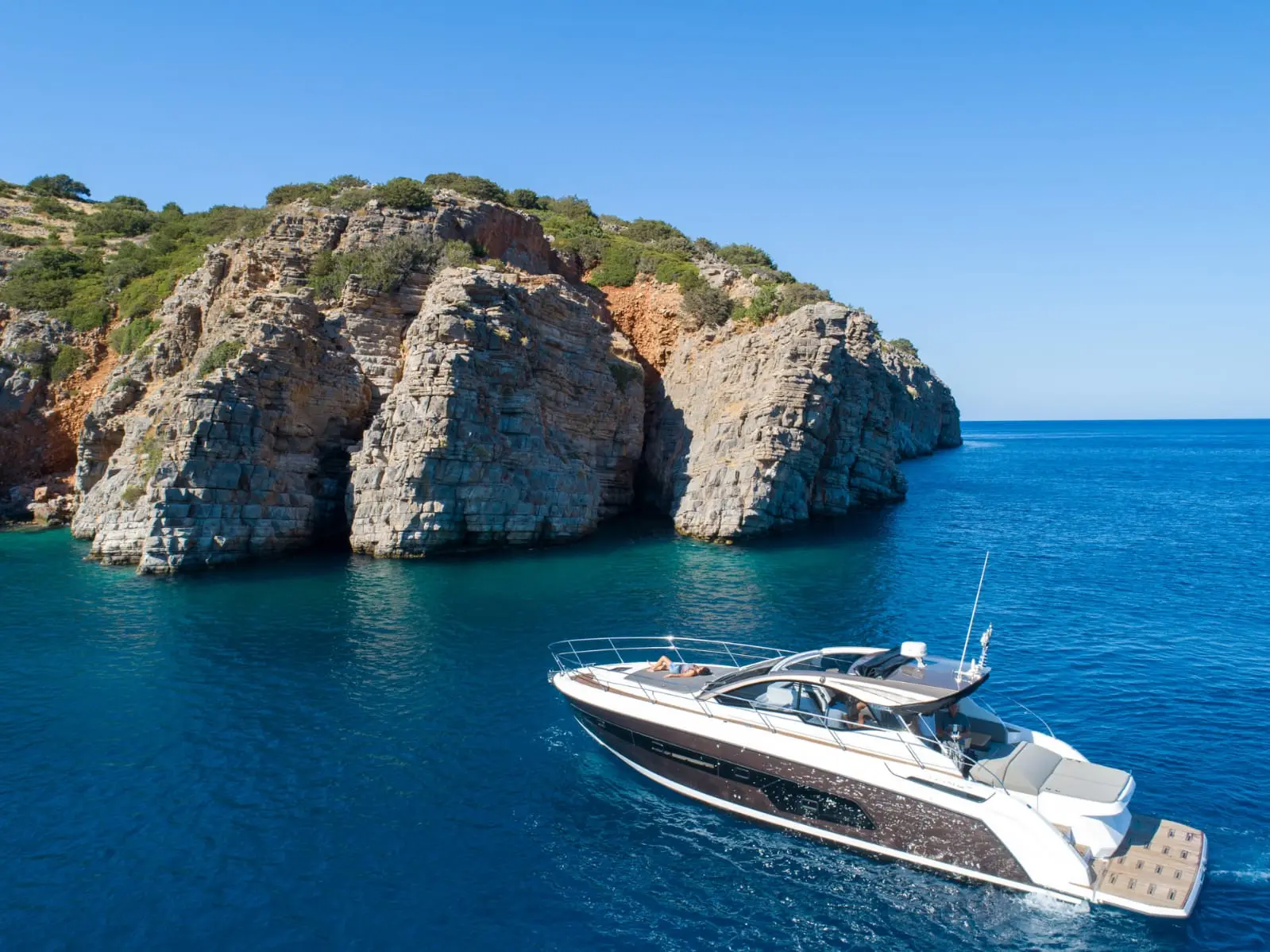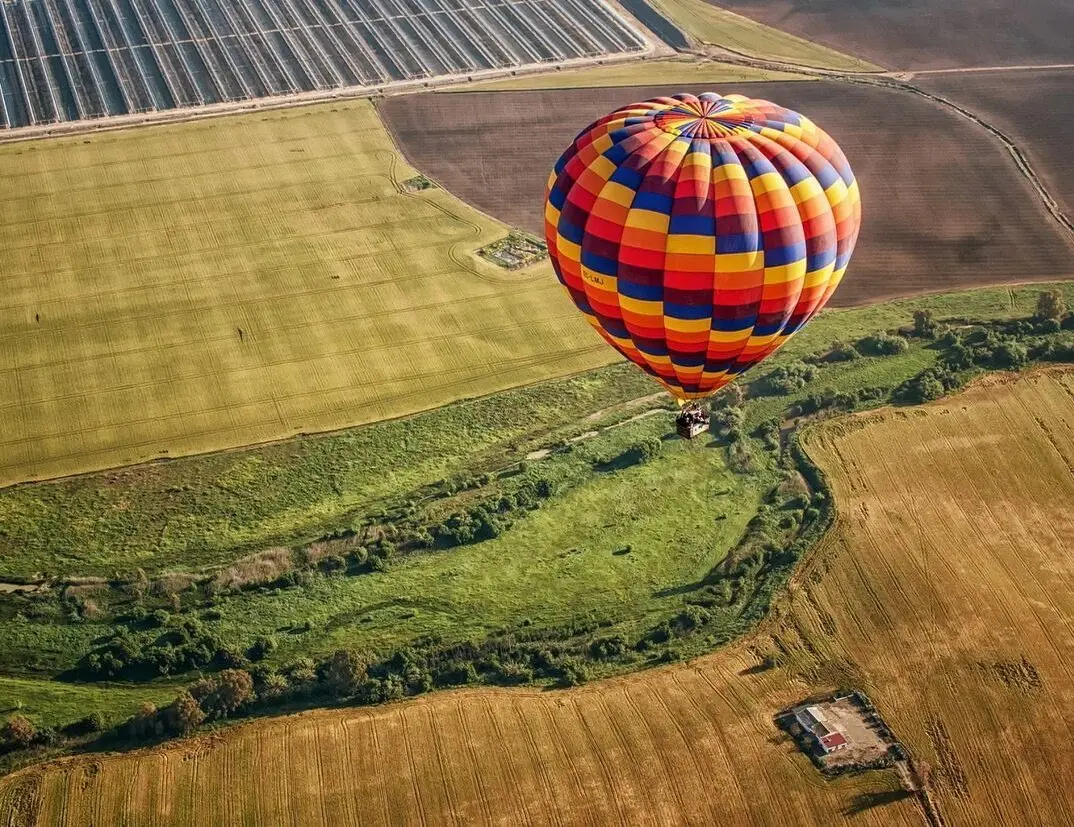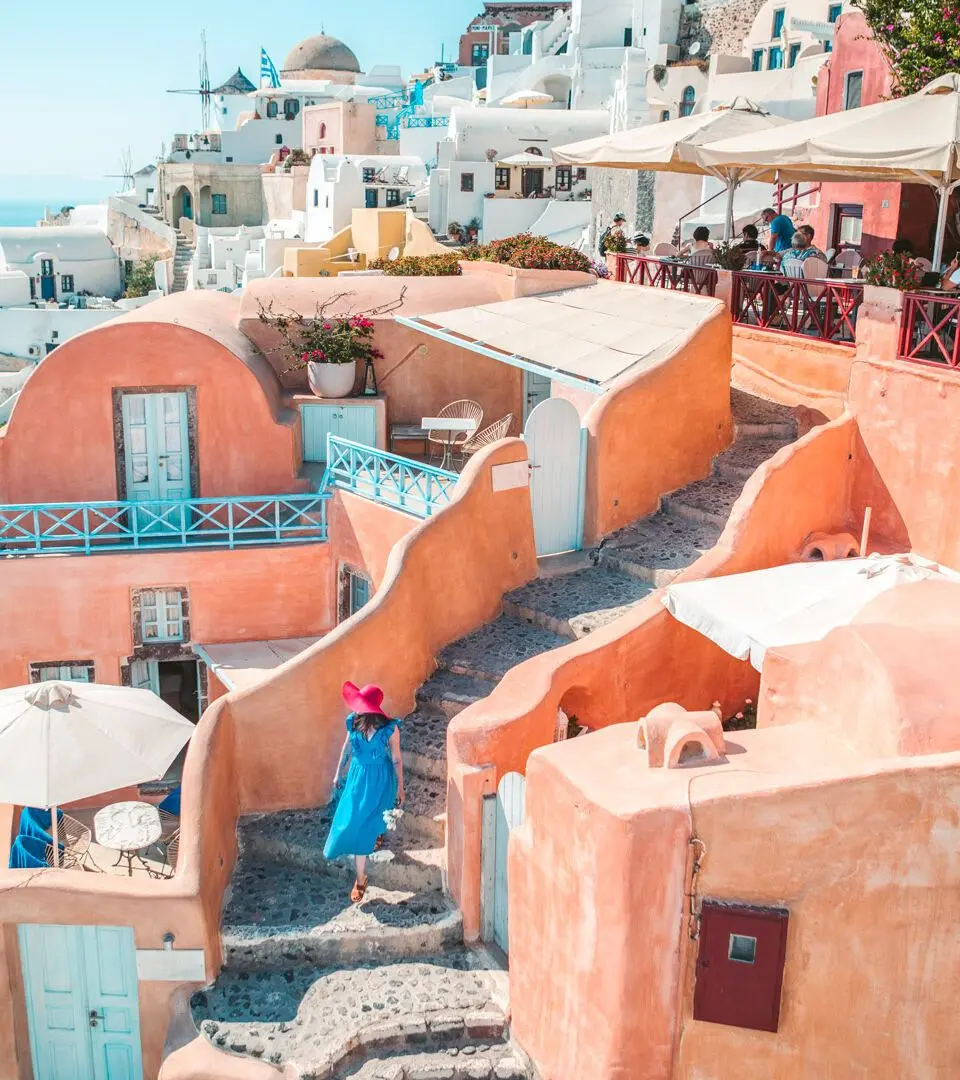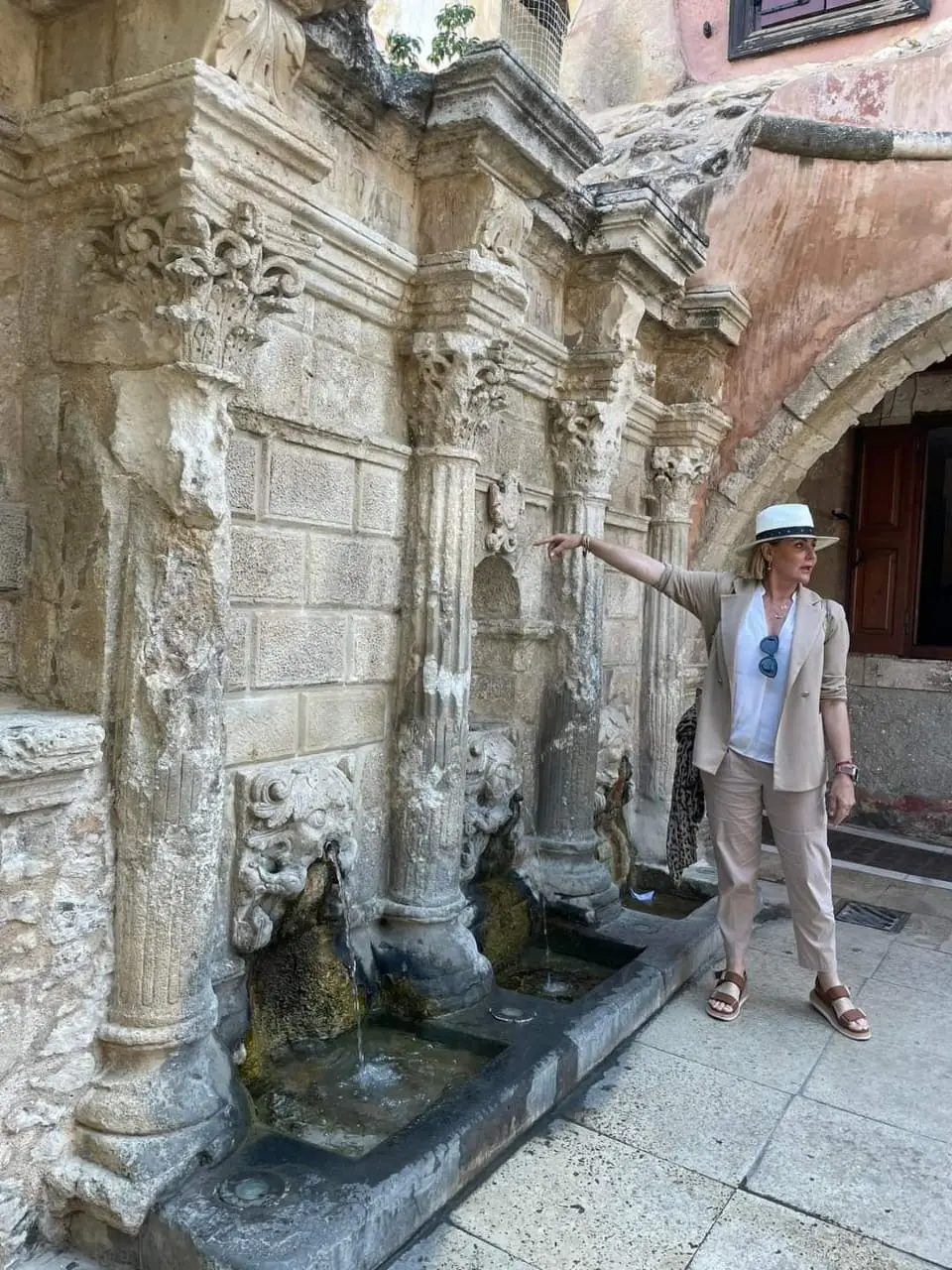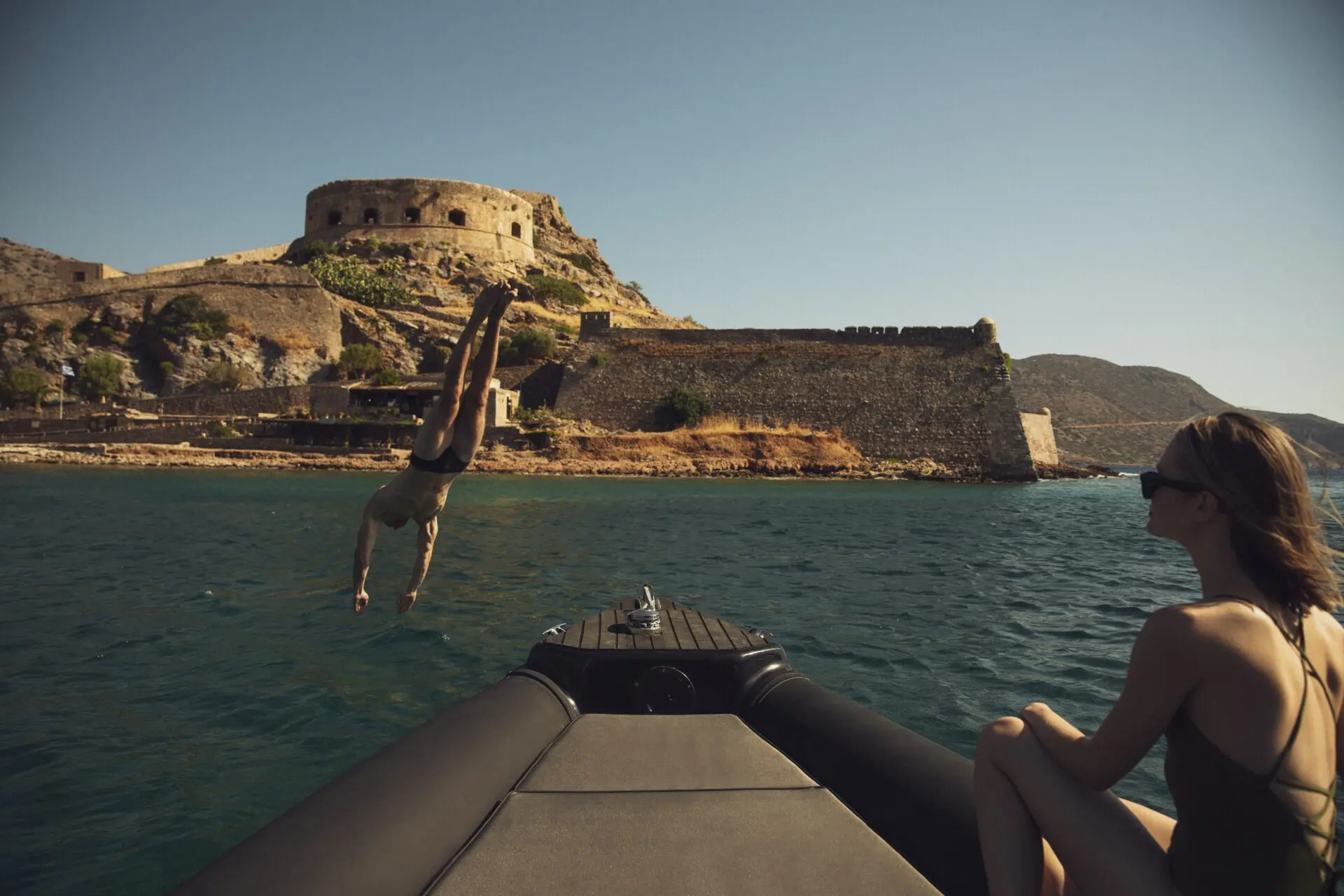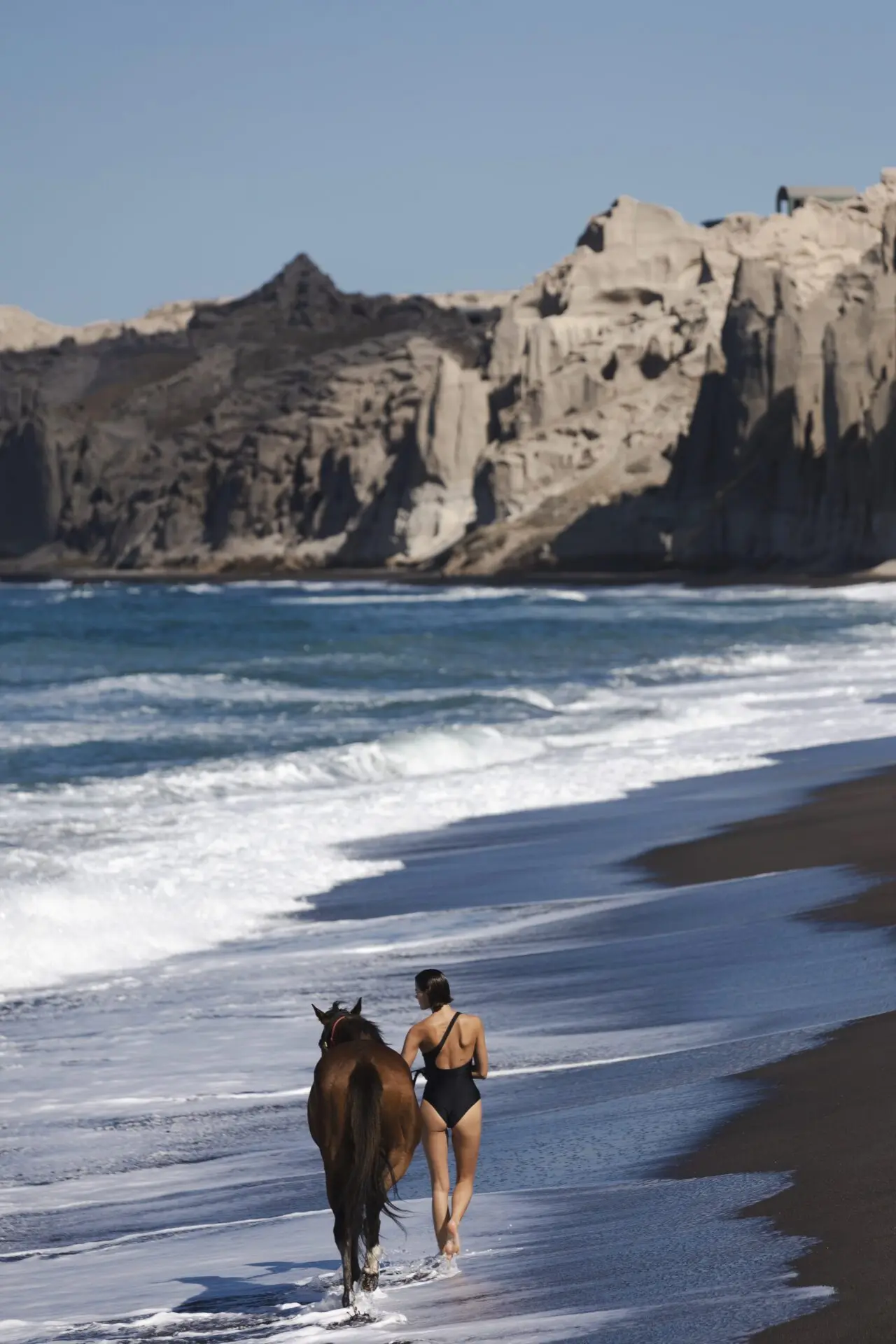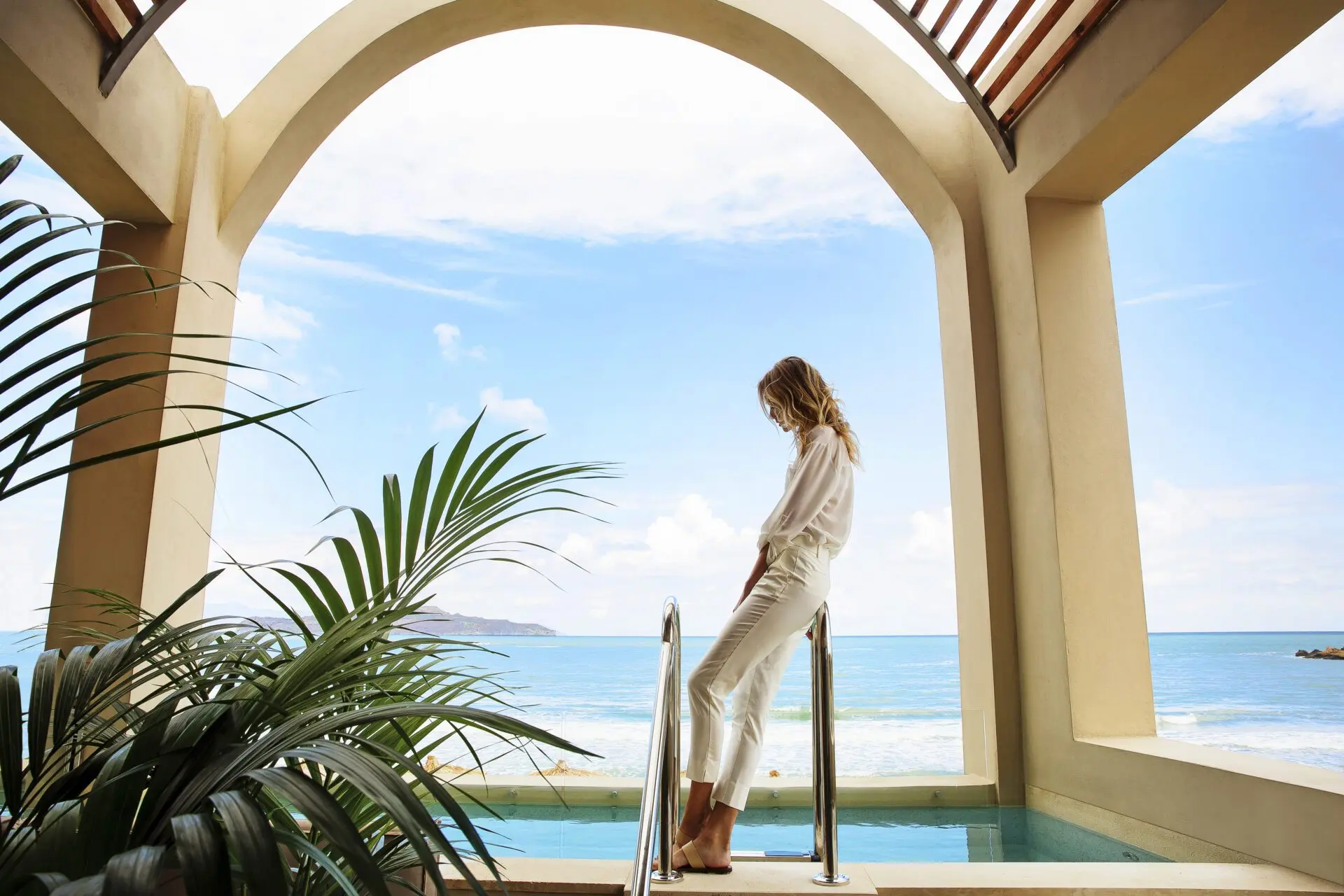The Island That Remembers
Crete doesn’t introduce itself. It unfolds — slowly, deliberately, like a story that refuses to be rushed.
The air smells of olive wood and wind. Light lingers longer here, as if it, too, can’t bring itself to leave.
This is where art was once survival — where our ancestors carved beauty into clay and shaped philosophy from the sea.
Their legacy lingers in everything: the curve of an amphora, the salt on your lips after wine, the quiet pride of people who see hospitality not as service but as soul.
Crete holds its opposites in harmony — wise in wildness, sacred in desire.
Its vineyards whisper to the gods; its ruins hum with invention.
And in between it all, there’s a rhythm only humans can create:
a driver who hums to the wind, a guide who pauses in silence before telling a story, a travel designer who doesn’t plan — he composes.
Crete is not a place to visit.
It’s a mirror — showing you not what’s there, but what’s real.


